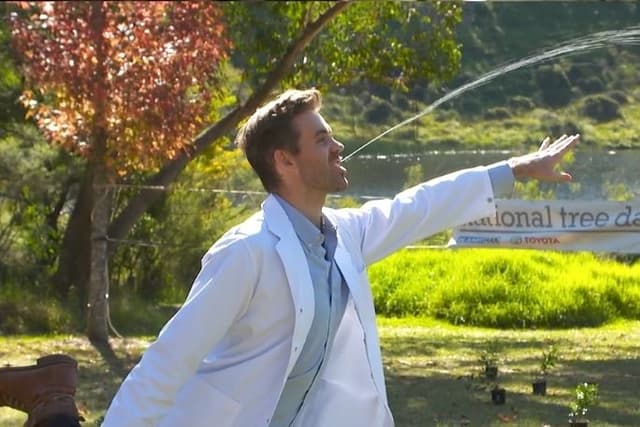
Schools Tree Day - What makes us click isn't a device (Secondary)
Lesson2 of 9 in this unit
SecondaryYear 7 - 10EnglishHealth and Physical EducationHealthPhysical EducationSocialMental HealthPhysical HealthEconomicDesign Thinking
Summary
Lesson Guides and Printables
Lesson Plan

Student Worksheet

Teacher Content Info
